
Night Watchers of the Wild: The Keepers Who Sleep Beside Orphaned Elephants.
When the Sun Sets at the Elephant Orphanage: A Night at the David Sheldrick Wildlife Trust
As the sun slips below the horizon, casting golden light through the delicate limbs of acacia trees, the last visitors depart the David Sheldrick Wildlife Trust in Nairobi. But the sanctuary doesn't grow quiet with their absence — it exhales. The day’s bustle fades, replaced by the soothing sounds of the African savanna preparing for night: the rustle of dry leaves, the rhythmic hum of crickets, and the deep, contented sighs of young elephants settling down to sleep.
Inside the dimly lit nursery stables, a profound peace blankets the room.
Rows of baby elephants — some just weeks or months old — lie curled beneath thick, custom-made blankets. Their oversized ears twitch softly, and their trunks dangle sleepily over the edge of their straw bedding. The day’s energy dissolves into low, rumbling snores. But even as they drift into sleep, these young orphans are never alone.
In every stall, beside each calf, rests a human companion.
These are the keepers — dedicated men who have committed their lives to raising these elephants, not as caretakers, but as surrogate parents. Night after night, they sleep on narrow bunks or mattresses within trunk’s reach of their charges. When a baby stirs, whimpers, or wakes in need of comfort or milk, it is the keepers who rise without hesitation, moving quietly in the darkness to prepare warm bottles of specialized formula.
“It’s like sleeping in a room full of babies — which, really, it is,” one keeper shared with The Dodo. “It takes me back to when my own kids were infants — the constant waking, the feedings, the crying. Except here, the babies weigh 100 kilos and have trunks.”
Sleep, for these men, is a luxury measured in brief intervals — often just two to three hours at a time, between feedings. The youngest elephants, still adjusting to their new lives without their mothers, require milk every three hours. And they’ve learned exactly how to wake their human companions.
“The little ones are cheeky,” another keeper said with a grin. “They’ll tug at your blanket or gently brush your face with their trunk. Some are more dramatic and will trumpet until you get up.”
In the early days of the Trust, before there were proper sleeping arrangements, the keepers simply lay on hay beside the elephants. One recalled, laughing, “You’d wake up missing your blanket, or with a trunk poking in your ear. Once I opened my eyes and found a fresh pile of dung right near my face. After that, I started sleeping with one eye open!”
Yet even amid these moments of absurdity, there is an overwhelming tenderness.
Each bottle offered, every midnight whisper, every blanket adjusted, reinforces an invisible bond between elephant and human — a bond born of trauma, but nurtured with trust, patience, and a kind of parental love that defies species.
Most of the young elephants arrive at the nursery under heartbreaking circumstances. Some have fallen into wells or been separated from their herds during droughts. Others are victims of poaching, their mothers lost to ivory hunters. They arrive at the Trust frightened, weak, and grieving.
For these calves, the keepers become their only family.
“You’re more than a caretaker,” one man explained quietly. “You’re their mother, their comfort, their stability. They recognize your scent, your voice. That’s what allows them to sleep without fear. That’s what gives them a second chance.”
As night deepens and the sky turns indigo, the nursery glows with soft lamplight. The air is rich with the scent of hay, formula, and the earthiness of elephant skin. Occasionally, a low rumble echoes across the stable — a calf dreaming. Some snore gently, others trumpet faintly in their sleep. A few kick their legs as though running across imagined plains.
“They dream,” one of the longest-serving keepers said. “You can see it in the way they move, the way they breathe. I like to think they’re dreaming of their mothers. Or of the wild.”
When the air grows cool, the keepers gently pull woolen blankets over the calves, tucking them in like giant children. They speak to them in Swahili, or hum lullabies — songs passed down through generations. Their voices blend with the rhythms of the animals’ breathing, creating a lullaby unique to this extraordinary place.
It’s a tender scene few outsiders ever witness: grown men, many of whom have faced hardship themselves, cradling the world’s largest land mammals in an embrace of compassion and care.
And it is this daily act of devotion that makes the David Sheldrick Wildlife Trust a sanctuary not just in name, but in spirit.
By first light, the nursery stirs once more. Bottles clink, water splashes, and a soft chorus of trumpets echoes through the morning air. The calves rise with newfound energy, nudging their keepers playfully, wrapping their trunks around shoulders and arms in gestures of affection that transcend the boundaries of language or species.
“It’s exhausting,” one keeper admitted, chuckling as he wiped formula from his shirt. “But when you see one of them — one that came to us skin and bones — running free and strong... every sleepless night is worth it.”
Many of these men have devoted decades to this work. They have raised elephants from infancy to adulthood, from fragile orphans to wild giants. And when the day comes to release them back into nature, the keepers let go — but the elephants never forget.
Some return years later, navigating vast distances to reconnect with their human family. One keeper recalled such a moment with awe: “I called out her name. She turned, looked at me, and ran straight toward me. She remembered. After all that time, she still remembered.”
The nights may be long, and the work never-ending, but these men understand they are part of something larger — something profoundly beautiful. In the quiet hours before dawn, as stars shimmer above Nairobi, they whisper the same promise to every calf:
Sleep, little one. You are safe. You are loved. And you are home.
News in the same category

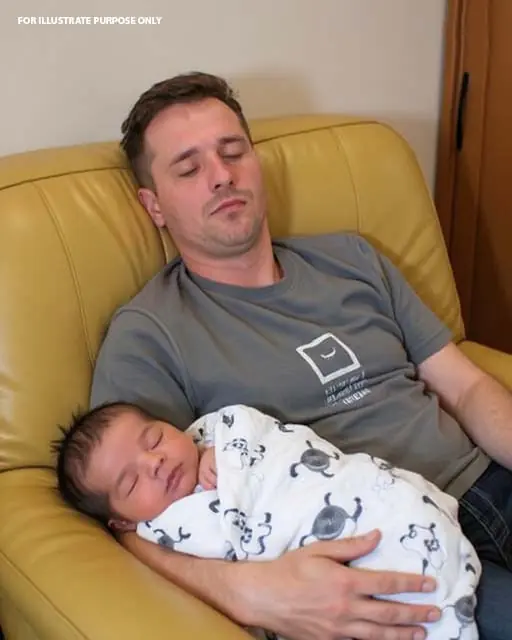
My Husband Believed I Did Nothing All Day with Our Baby—Until I Left Him Alone for a Week
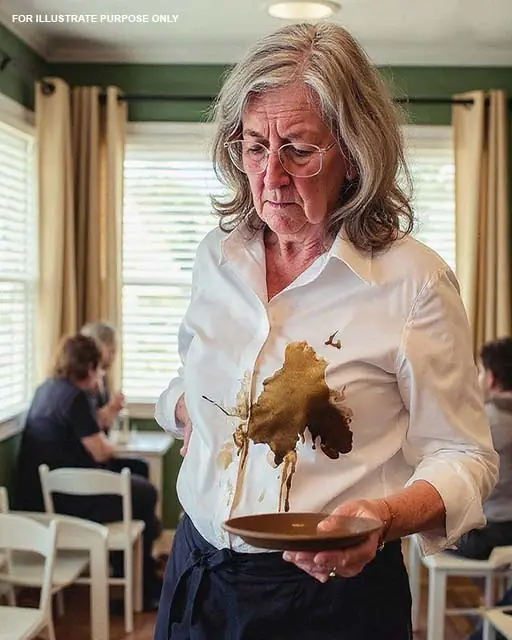
Entitled Woman Threw Coffee on My Waitress Mom — She Never Expected the Calculated Lesson I Taught Her
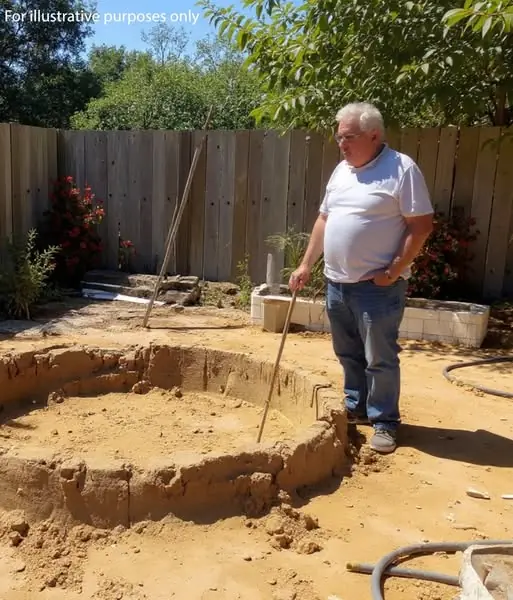
FIL Destroyed My Beloved Backyard to Dig a Pool without Asking — Karma Made Him Pay the Price in Mud and Finesse

Five Years After My Wife’s ‘Death,’ I Went to My Best Friend’s Wedding — The Bride’s Face Stopped My Heart

Irina and Grigory divorced when their daughter Anya turned two years old. Grigory simply couldn’t live with his wife.

A Stranger Kept Stealing My Parking Spot and Leaving His Number—When I Finally Learned Who He Was, My World Shattered
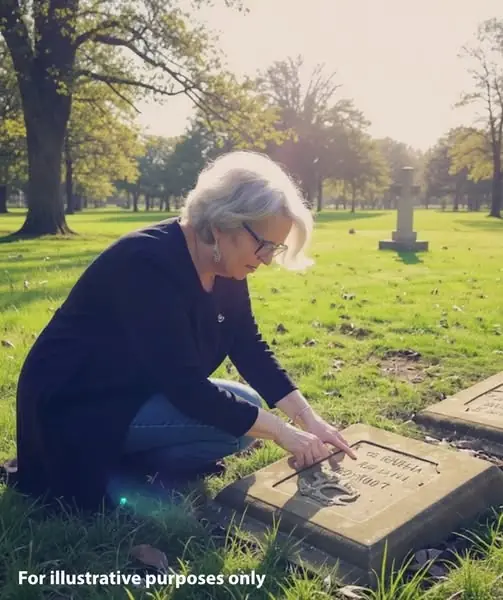
I Found My Daughter-in-Law’s Grave Beside My Son’s. I Was Utterly Shocked When I Discovered the Chilling Truth.

My Date Insisted on Paying the Bill — I Soon Realized I Should Never Have Let Him
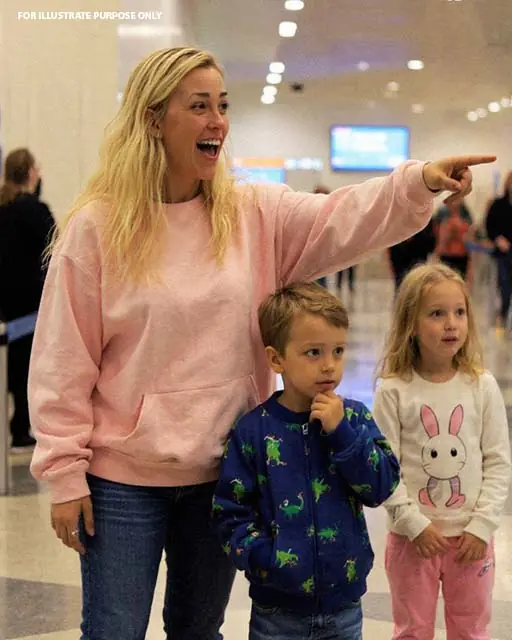
My Mom and Sister Tried to Turn My Disneyland Trip Into Free Babysitting—But I Outsmarted Them With a Better Plan

— Find someone to look after the baby and come to the dacha, I need your help, — demanded my mother-in-law, but I refused.
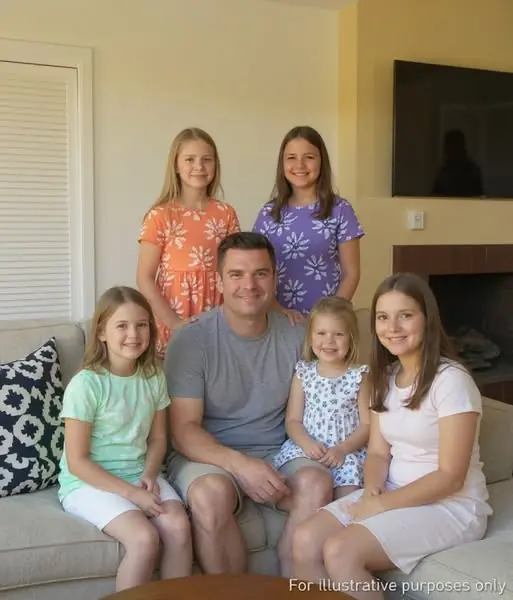
The Unexpected Lesson: When a Demand Became a Plea
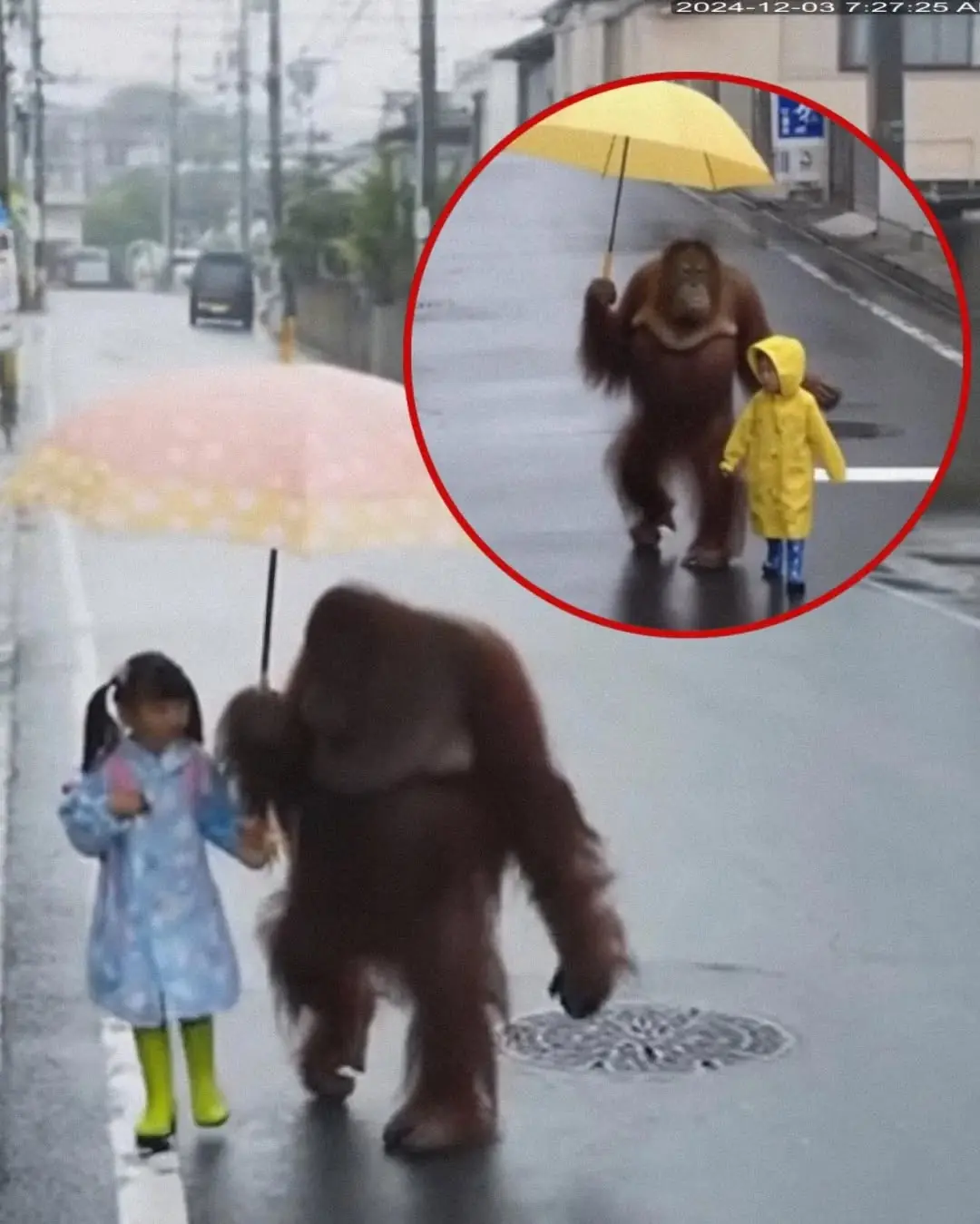
When the Rain Falls, He Comes: The Gentle Guardian They Call the Phantom of the Rain

He set up his wife and put her behind bars, but she was smarter.

Your mother will be sent to a nursing home, and mine will come to live with us,” declared her husband.

The doctor became a dishwasher after the divorce, but one decision in a tavern changed her fate forever
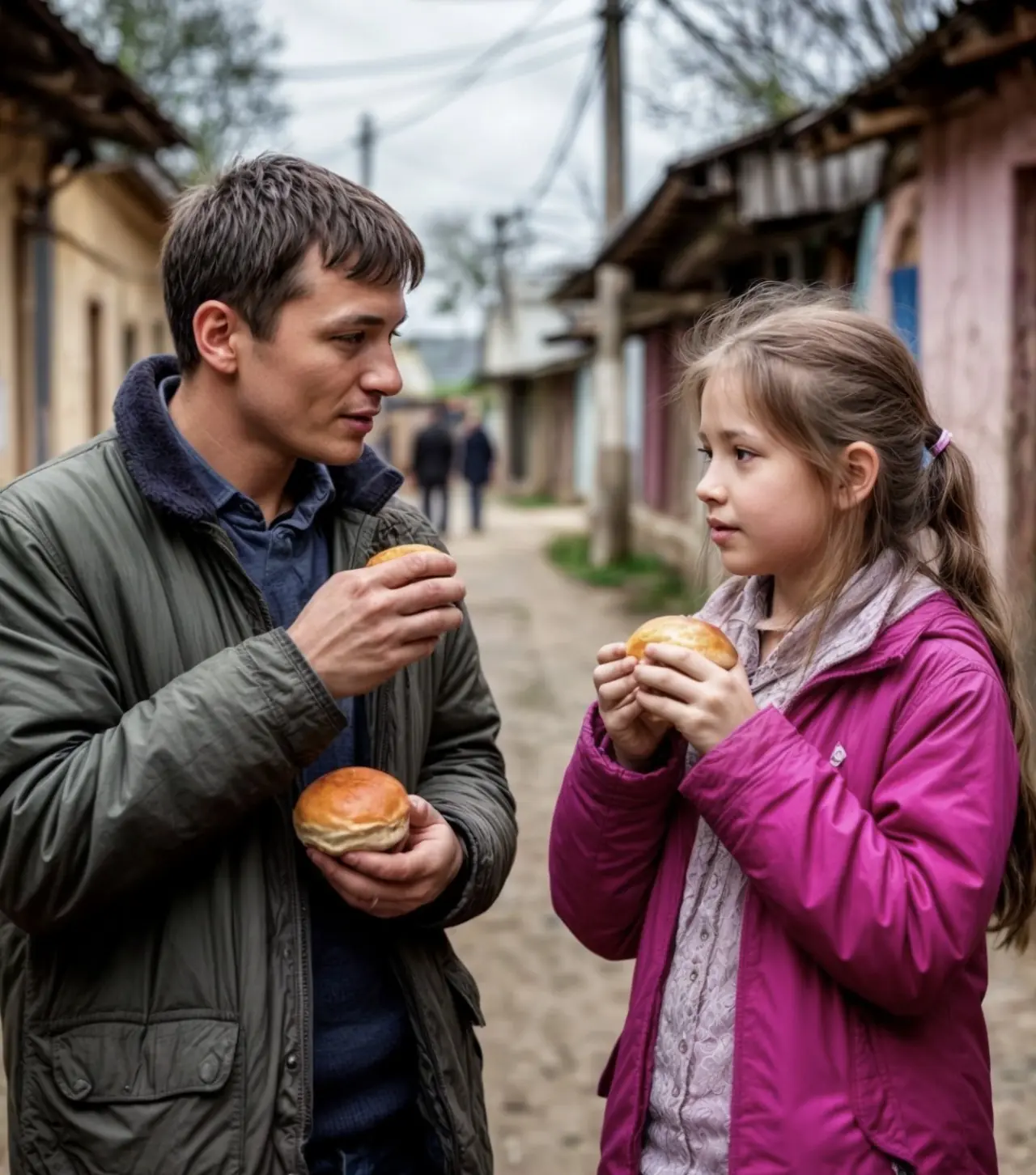
He treated a homeless girl to a pastry, and many years later was stunned to learn who had paid for his beloved wife’s treatment…

Man Gets a Face Full of Octopus — and a Lifetime Ban

Taking care of her husband lying in a coma, she accidentally stumbled upon a truth that had been hidden from her for years…

Ruby Grace Bird — A Tiny Symbol of Love, Born from Courage
News Post

How to Wash and Condition Your Hair with Beer to Reduce Hair Loss and Stimulate Continuous Hair Growth

7 Early Signs of Stomach Cancer Everyone Should Know to Prevent Distant Metastasis

Most people will go their entire lives without ever knowing what the microwave ring cover is actually for

🌴 12 Surprising Benefits of Eating Just 3 Dates a Day – A Sweet Boost for Your Health

DIY Coffee Face Packs for Glowing Skin – Coffee Benefits for skin

🦵 If You Suffer from Poor Circulation and Your Legs Feel Heavy, Swollen, or Cold — Here’s What Can Help

Should You Sleep With Socks On

Discover The Power of This Miracle Fruit

My Pushy Neighbor Filled in My Beloved Pond While I Was Away — But What Happened Next Proved You Should Never Mess With Grandma

My Husband Believed I Did Nothing All Day with Our Baby—Until I Left Him Alone for a Week

Entitled Woman Threw Coffee on My Waitress Mom — She Never Expected the Calculated Lesson I Taught Her

FIL Destroyed My Beloved Backyard to Dig a Pool without Asking — Karma Made Him Pay the Price in Mud and Finesse

Five Years After My Wife’s ‘Death,’ I Went to My Best Friend’s Wedding — The Bride’s Face Stopped My Heart

Irina and Grigory divorced when their daughter Anya turned two years old. Grigory simply couldn’t live with his wife.

A Stranger Kept Stealing My Parking Spot and Leaving His Number—When I Finally Learned Who He Was, My World Shattered

I Found My Daughter-in-Law’s Grave Beside My Son’s. I Was Utterly Shocked When I Discovered the Chilling Truth.

My Date Insisted on Paying the Bill — I Soon Realized I Should Never Have Let Him

My Mom and Sister Tried to Turn My Disneyland Trip Into Free Babysitting—But I Outsmarted Them With a Better Plan

— Find someone to look after the baby and come to the dacha, I need your help, — demanded my mother-in-law, but I refused.
